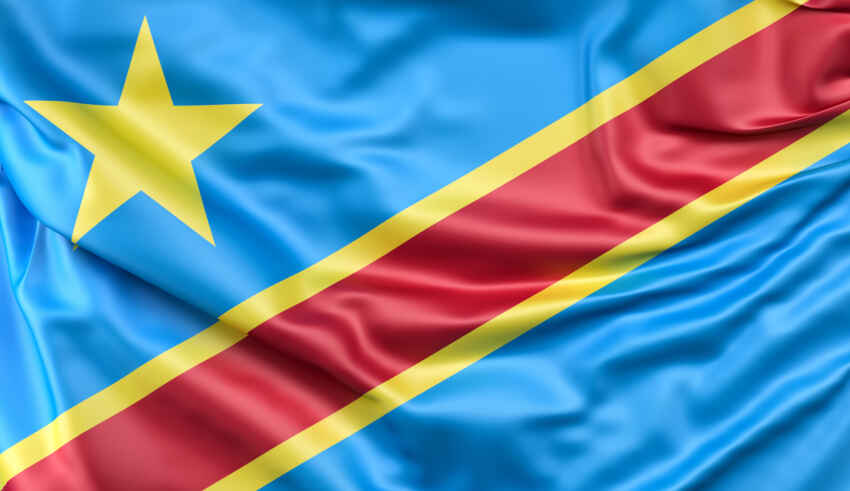
Following election day on the 20th of December in the Democratic Republic of the Congo (DRC), the country has witnessed a wave of protest and uprising as a response to the election outcome, adding to the instability and insecurity present in the country. Due to a faulty organisation surrounding polling stations, only a provisional result can currently be established, one which shows President Felix Tshisekedi as the winning candidate.
The protests were led by opposition candidates who claim that the extension of voting and disorganised circumstances call for a reelection and reject the credibility of another presidential term for Tshisekedi. Indeed, some challengers even go as far as coining the December elections an ‘electoral coup d’état’. CENI, the country’s electoral commission, has so far dismissed allegations of foul play.
The large protests were banned by authorities which only added fuel to the fire and opened the possibility for further escalation and widespread distrust in the government. This is not unheard of in the country which has previously experienced chaotic election results, fraud allegations and unrest following election results, as was the case in the 2018 elections.
It seems like every general election in the DRC is one which carries high-stakes. The country has long grappled with ending the decades long internal conflict in Eastern Congo as well as finding a way to manage the vast natural resources and bring the economy into a balance, therefore every election carries a glimmer of hope for some stability. Unfortunately, the current election outcome seems to follow a pattern citizens of the DRC are all too familiar with. It is unlikely that protests will ease down, especially if a second term for Tshisekedi is officially announced. The chances of a rerun are slim and escalation is probable as dissatisfaction will continue to be expressed.
Political instability, which seems to have plagued the DRC for decades will continue to have dire impacts on the Congo, in both its internal and external relations. Indeed, corruption and fraud in political circles have consistently enabled the mismanagement of the country’s resources and fueled internal conflicts. Furthemore, the likely escalation between the opposition and the authorities could contribute to the growing internally displaced population, estimated at almost 6.5 million as well has increased the number of Congolese seeking asylum in neighbouring countries.
The recent election demonstrates that the DRC, despite progress, seems not yet ready or able to leave behind a legacy of political instability and mismanagement. Although the results are not confirmed yet, the current state of affairs announce a disappointing continuation for a country with tremendous resources and wealth, the gap between potential and reality seems to only get broader. In order to keep tensions to a minimum and curb escalation, the authorities should encourage talks with the opposition rather than shutting them down.
By The European Institute for International Law and International Relations
References















